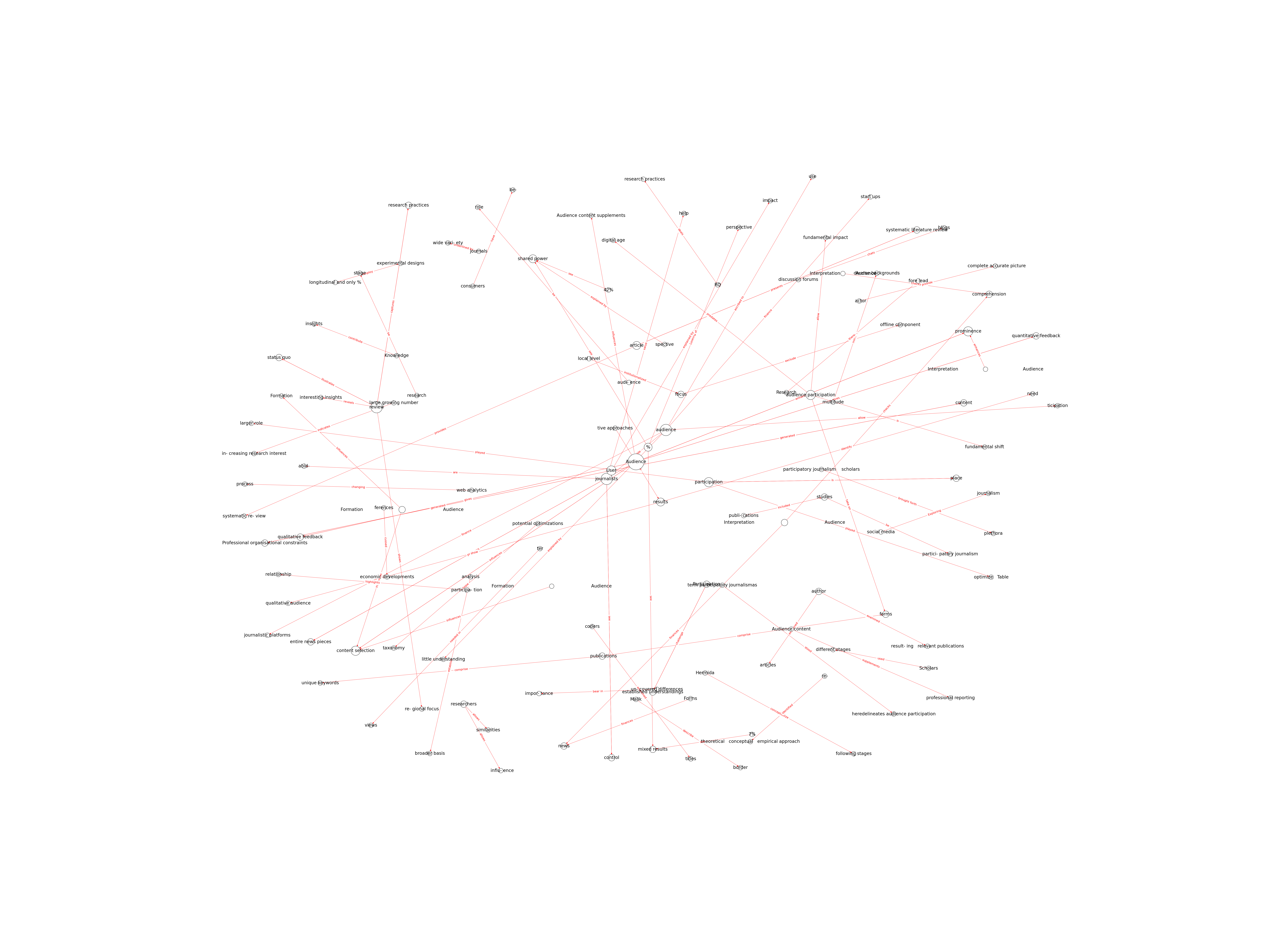| Id | 790 | |
| Author | Engelke K.M. | |
| Title | Online participatory journalism: A systematic literature review | |
| Reference | Engelke K.M.; Online participatory journalism: A systematic literature review ;Media and Communication vol:7.0 issue: 4.0 page:31.0 |
|
| Keywords | Audience; Boundary work; Digitalization; Journalism; News; Online; Participatory journalism |
|
| Link to article | https://www.scopus.com/inward/record.uri?eid=2-s2.0-85077611380&doi=10.17645%2fmac.v7i4.2250&partnerID=40&md5=8260b310c2e717cf62fc6b2fe826ea47 |
|
| Abstract | This article presents a systematic literature review of 378 studies (1997–2017) on online participatory journalism, i.e., audience participation in the professional news production process. Participation can challenge established understandings of journalism and affect the relationship between journalists and audience members as peripheral actors due to the increasingly blurred boundaries between these actors and the renegotiation of authority and power. The review captures research practices regarding the theoretical, conceptual and empirical approach as well as results pertaining to the impact participation has on the journalist–audience relationship and is both interdisciplinary and global in nature. The results show that research mostly focuses on journalism in Europe and North America and examines participation in the interpretation stage rather than in the formation or dissemination stage of the news production process. Longitudinal and comparative studies, examinations of regional and local participation, in-depth audience studies as well as analyses of participation in all three production stages are rare. 121 studies explicitly deal with participation’s impact on the journalist–audience relationship and produce conflicting results: 51% see journalists retaining control over news production process; 42% see shared power; and 7% see mixed results. Notably, power structures differ depending on the examined world region, production stage, and actor perspective. The review illustrates the status quo of research practices as well as the role the audience as peripheral actors play in the news production process and concludes with five observations about the field as well as future avenues to close identified research gaps. © 2019, Cogitatio Press. All rights reserved. |
|
| Metodology | Technique |

Note: Due to lack of computing power, results have been previously created and saved in database


